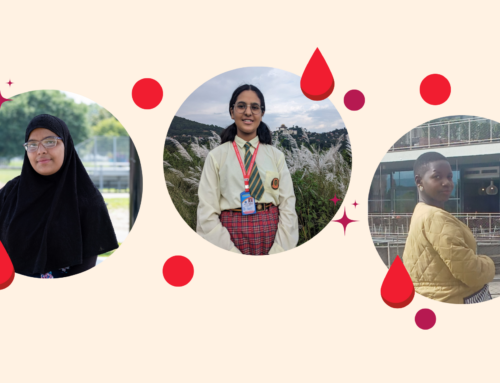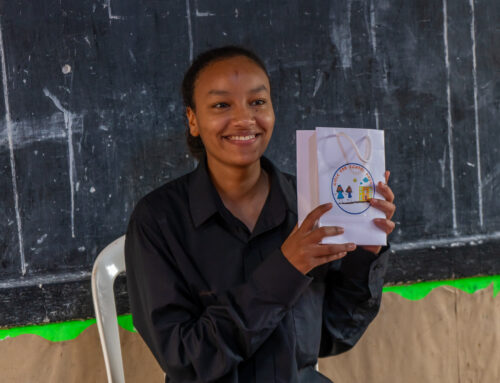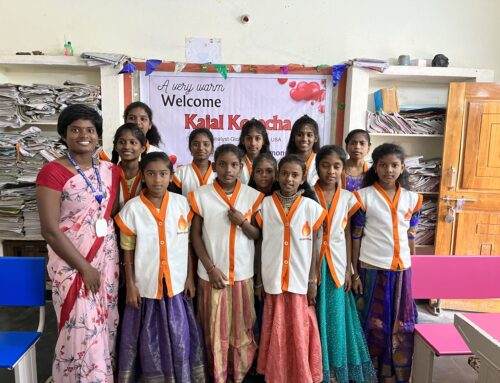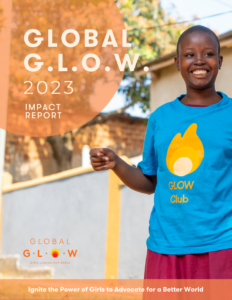What Can You Do To Respond To The Youth Mental Health Crisis?
May is Mental Health Awareness month and we’ve never been in more need of focused attention on mental health for youth – especially girls – in the United States.
In December 2021, following on the heels of some alarming data revelations, the U.S. Surgeon General declared that the pandemic has been “devastating” for youth mental health. In just two years, the number of adolescent girls who visited emergency rooms because of a suicide attempt rose by 51%. Fifty-one percent!
For adolescent boys, this number also rose by 4% from 2019 to 2021. On the whole, teen mental health is in desperate need of attention and resources.
This week another new survey came out which revealed increased rates of physical and emotional abuse for teens in their homes in 2021. This survey also showed increases in pre-covid levels of abuse. These results were reported alongside survey results of youth going hungry due to not having enough food in the house and adults in the youth’s homes losing their jobs at higher rates due to Covid-19. One thing is certain – our youth are suffering and can’t afford to be ignored.
As we approach May and Mental Health Awareness Month, what can you do to respond to this crisis amongst youth and especially girls in the United States?
Here are a few things I recommend:
- Talk to the youth in your life- especially the girls, about mental health! Ask them how they are coping with the changes in their lives and in their schools. Ask them whether they have friends or adults they can talk to when they feel sad.
- Offer to be one of those friends or adults the youth in your life can talk to when they feel sad- and mean it! Youth are really good at spotting sincerity and will not take you up on your offer to talk if it is not genuine.
- Don’t be afraid to not have answers- if a young person in your life is highly stressed or struggling with depression, sometimes the best way to help them is by seeking outside resources like a therapist.
- Consider being a formal or informal mentor for youth – if you don’t have any youth in your life, there are plenty of incredible organizations that offer mentoring and need great mentors.
It’s everyone’s responsibility to support the youth in their lives and in their communities.
These studies have made me even more grateful for the GLOW Clubs that have been going strong throughout the pandemic. Because another thing this study reported is that youth who felt connected to people at school (even when everyone was virtual) reported better mental health! Most of our U.S. GLOW Clubs operate in schools and they all went virtual to support youth even when schools were closed!
A big thank you to our incredible mentors in the U.S. and around the world – it’s never been more important to support youth.












